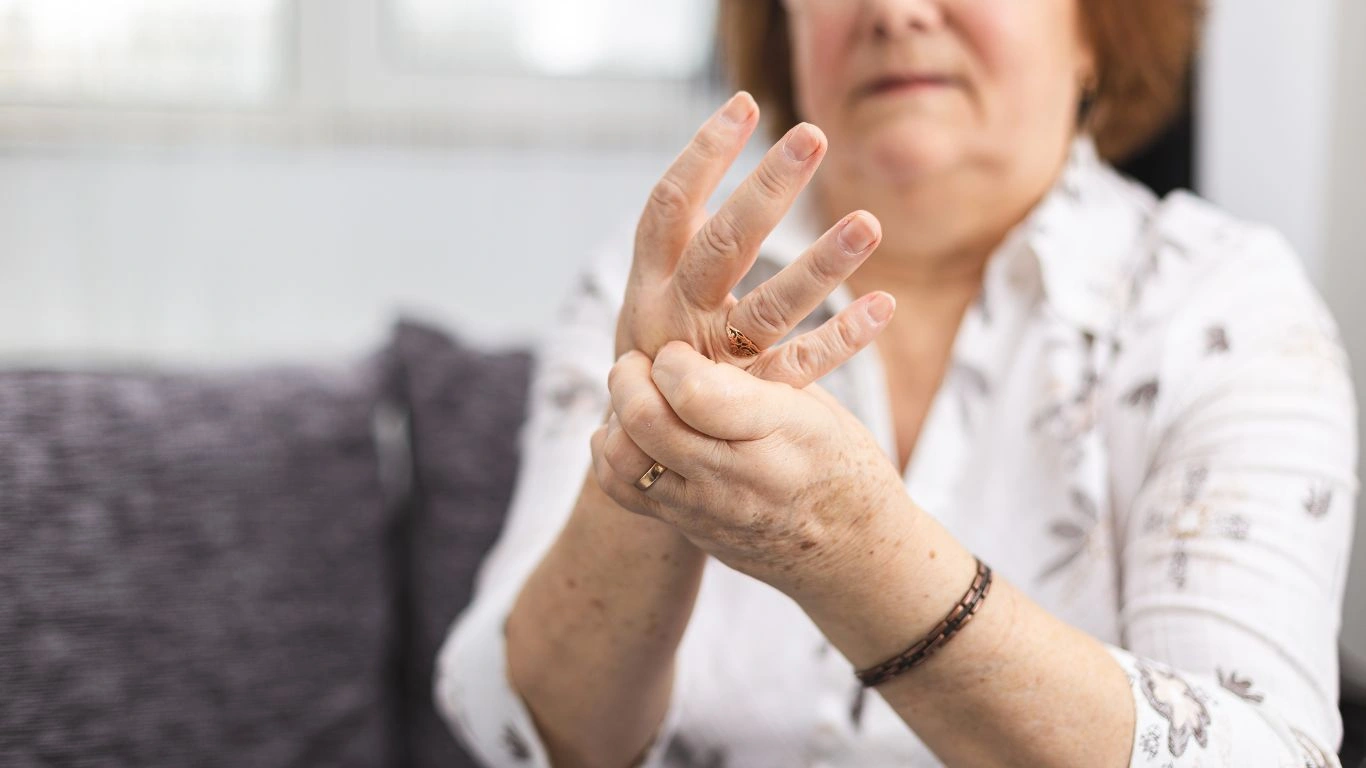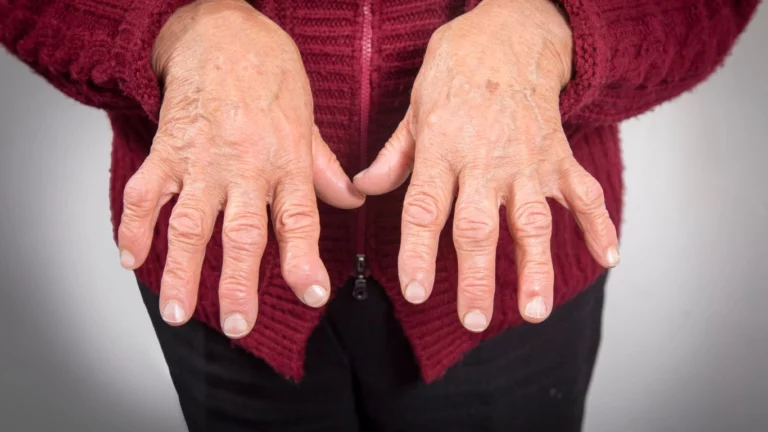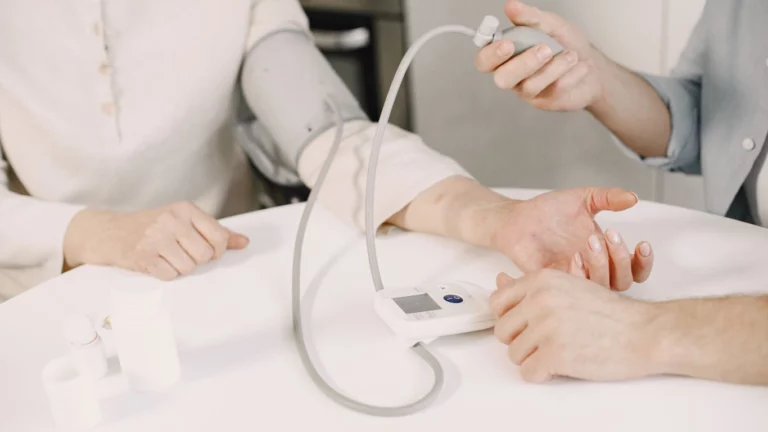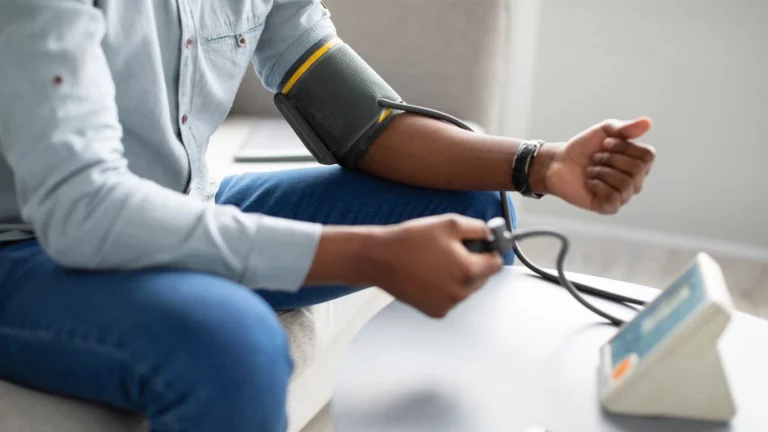How to Find Emotional Support for Arthritis: Powerful Tips to Improve Your Well-Being
Living with arthritis can feel like a constant uphill battle—not just physically, but emotionally too. From my years as a Rheumatology nurse practitioner, I’ve seen firsthand how important it is to find emotional support for arthritis. It’s not just about managing pain or inflammation; it’s about navigating the emotional rollercoaster that comes with chronic illness. If you’ve ever felt overwhelmed, isolated, or unsure where to turn for comfort and understanding, you’re definitely not alone. Finding that support can be a game-changer in how you cope and even how you manage your condition overall.
Why Emotional Support Matters When Living With Arthritis
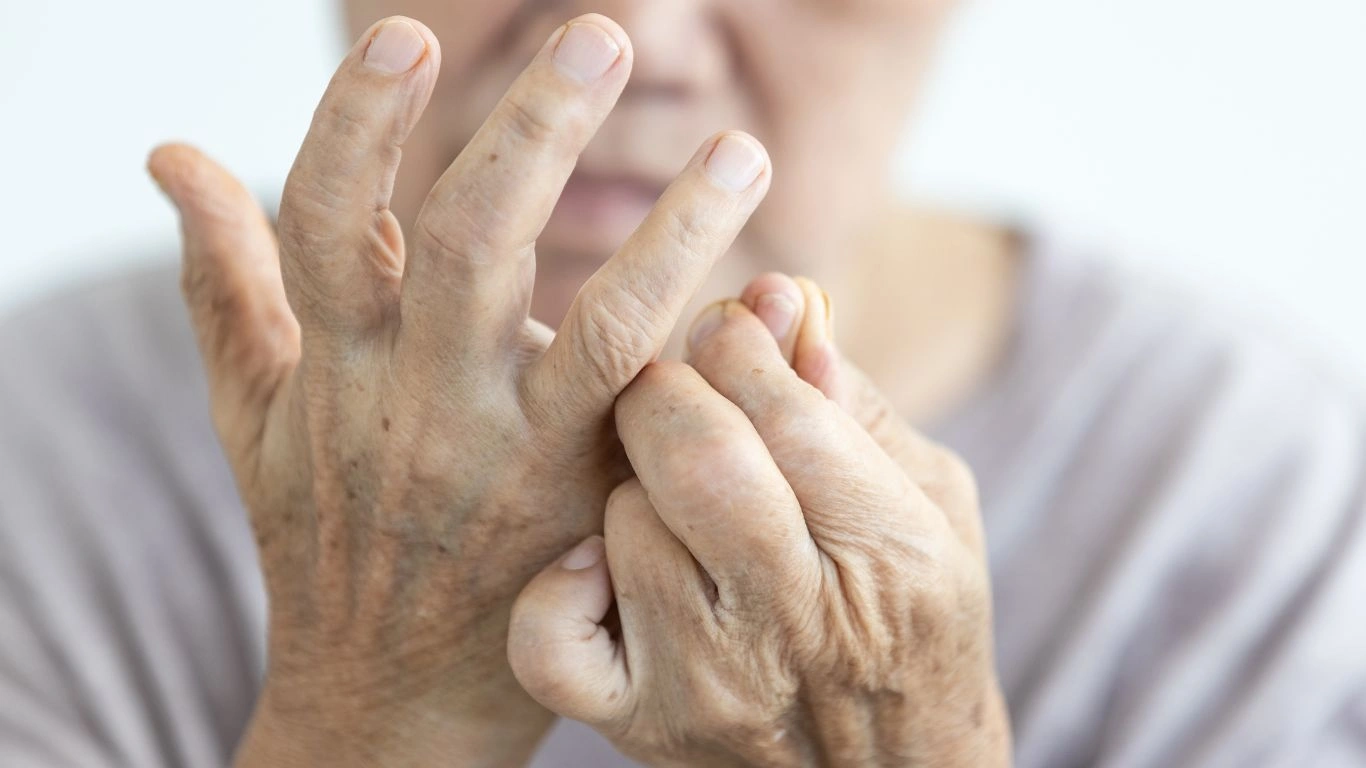
Arthritis isn’t just about aching joints and stiffness—it’s about how those physical symptoms can impact your mental well-being. When your body doesn’t cooperate, it’s easy to feel frustrated, anxious, or even depressed. From my experience, patients who find a solid emotional support system tend to handle these challenges better. Emotional support acts as a buffer, helping you bounce back from tough days and keep a positive outlook.
In fact, how to find emotional support for arthritis is often the first question I get asked when people start to realize their condition isn’t just a physical battle. And that’s because emotional support comes in many forms—sometimes from people, sometimes from groups, and sometimes from simple self-care strategies.
Understanding Your Emotional Needs
Before jumping into where to find support, it’s important to understand what you actually need. Emotional support isn’t one-size-fits-all. For some, it’s having someone who truly listens without judgment. For others, it might be connecting with people who “get it” because they’re walking the same path. Personally, I’ve seen patients thrive when they find even one trusted person to share their struggles with—whether it’s a family member, friend, or a healthcare provider who offers more than just medical advice.
Common Emotional Challenges With Arthritis
- Feelings of isolation: Arthritis can limit activities, making social life tricky.
- Anxiety and uncertainty: Flare-ups can be unpredictable, which can cause stress.
- Depression and frustration: Chronic pain often leads to a sense of hopelessness.
- Loss of independence: Relying on others can feel like a blow to self-esteem.
Recognizing these feelings is the first step toward addressing them. The good news? None of this has to be faced alone.
How to Find Emotional Support for Arthritis
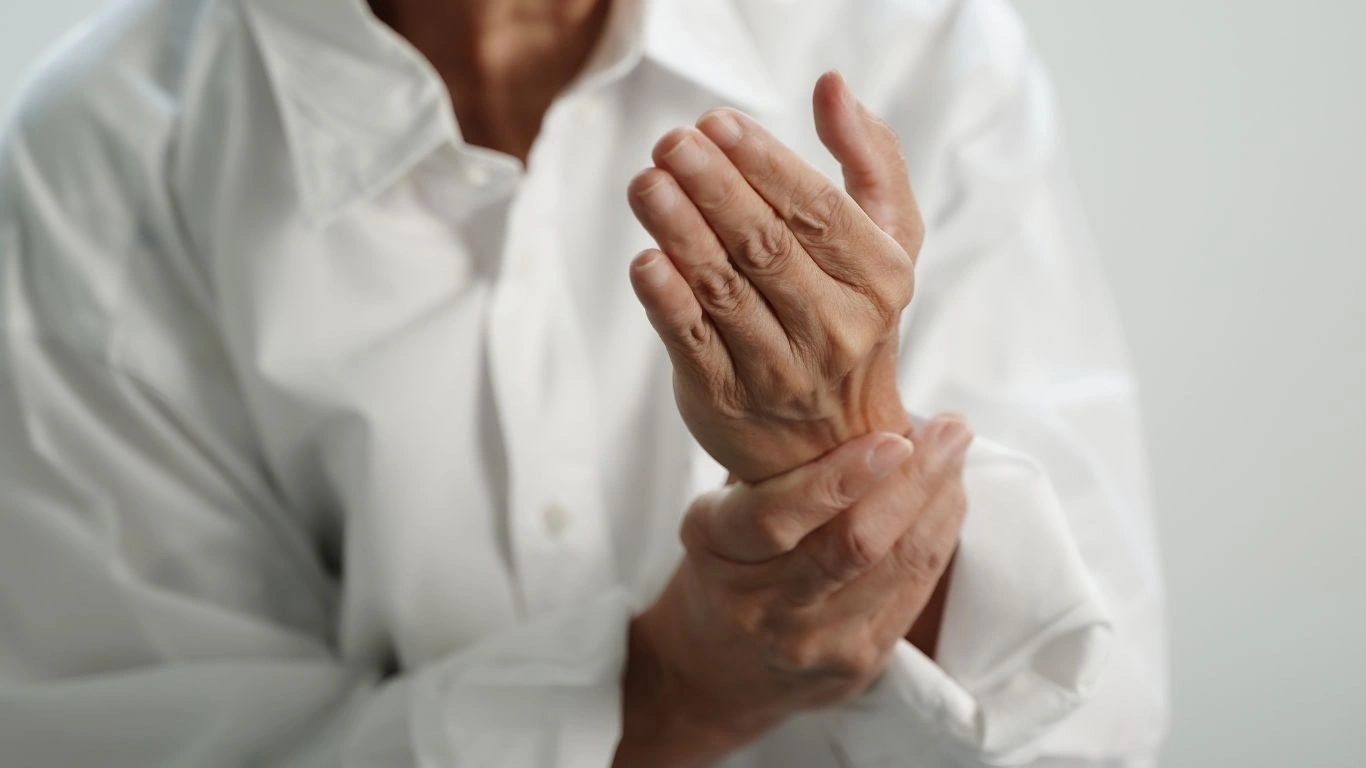
1. Lean on Family and Friends
Sometimes, your immediate circle can be your best resource. I always encourage patients to be honest with those closest to them about what they’re going through. It can be as simple as saying, “I’m having a tough day with my arthritis, and I could really use a listening ear.” People often want to help—they just don’t always know how.
2. Connect With Arthritis Support Groups
Support groups—whether in person or online—offer a unique chance to meet others who truly understand what you’re facing. From my clinic experience, patients who engage in these groups often report feeling less alone and more empowered. It’s a space where you can share tips, vent frustrations, and celebrate small victories together.
- Look for local arthritis organizations hosting meetings or events.
- Join reputable online forums and social media groups.
- Consider groups that focus on specific types of arthritis for more tailored support.
Professional Help: When to Seek Emotional Support From Experts

One thing I’ve learned over the years as a Rheumatology nurse practitioner is that sometimes emotional support from family and friends isn’t quite enough. Chronic illnesses like arthritis can affect your mental health in deep and complex ways. When the emotional burden feels too heavy or persistent, it’s absolutely okay—and often necessary—to reach out for professional help.
Working with a mental health professional can give you tools to manage anxiety, depression, or feelings of frustration linked to your arthritis. Cognitive-behavioral therapy (CBT), for example, is a type of counseling I often recommend. It’s effective in helping patients reframe negative thoughts and develop healthier coping mechanisms. The relief my patients report after starting therapy is something I witness firsthand, and it’s incredibly rewarding to see.
Signs You Might Benefit From Professional Support
- Feeling overwhelmed by your emotions for weeks or months.
- Difficulty managing daily activities due to emotional distress.
- Thoughts of hopelessness or withdrawing from loved ones.
- Physical symptoms like sleep problems or appetite changes linked to stress.
Remember, seeking therapy doesn’t mean you’re “weak” or failing at managing your arthritis. In fact, it’s one of the strongest steps you can take toward improving your overall well-being.
Building Your Own Emotional Support Toolbox

Beyond leaning on others, there are lots of strategies you can start using on your own to nurture your emotional health. Over the years, I’ve shared these techniques with countless patients, and many have told me how much it’s helped them feel more in control and hopeful.
Practice Mindfulness and Relaxation Techniques
Mindfulness might sound trendy, but it’s a proven way to help ease the emotional stress that arthritis can bring. Even just a few minutes of deep breathing, meditation, or guided imagery can make a noticeable difference. Personally, I recommend starting small—maybe a 5-minute breathing exercise in the morning or before bed—and gradually building from there.
Keep a Journal
Writing down your thoughts and feelings can be incredibly cathartic. You don’t have to be a writer to benefit from this. Just jotting down your daily experiences, worries, or moments of gratitude can help you process what’s going on inside. Many of my patients have found journaling to be a private way to reflect without fear of judgment.
Set Realistic Goals and Celebrate Small Wins
When arthritis affects your energy and mobility, it’s easy to feel discouraged by what you can’t do. Instead, I encourage people to focus on what they can do and set achievable goals. Whether it’s walking a little further, cooking a meal, or simply resting when needed, every small success counts. Celebrating these moments helps build resilience and a positive mindset.
Leveraging Technology for Emotional Support

We live in a digital age where support is often just a click away. Over the past decade, I’ve seen a rise in apps and online communities tailored specifically to arthritis patients. These tools can offer educational resources, mood tracking, reminders for medication, and even connection to others going through similar experiences.
Popular Tools and Apps to Explore
- ArthritisPower: A patient-centered research registry that lets you track symptoms and connect with other patients.
- MyRAteam: An online social network for people with rheumatoid arthritis to share stories and support.
- Headspace or Calm: Apps focusing on meditation and stress reduction, helpful for managing emotional strain.
From my clinical perspective, these resources add another layer of support—especially for those who might not have easy access to in-person groups or therapy. And the best part? You can engage with them anytime you need a little boost.
Incorporating Lifestyle Changes for Better Emotional Health

One of the things I often discuss with my patients is how lifestyle adjustments can seriously boost your emotional well-being while managing arthritis. It might sound a bit cliché, but the mind and body really do work hand in hand—especially when you’re dealing with a chronic condition. Over the years, I’ve seen how small changes can make a huge difference in mood, energy, and overall outlook.
Stay Active in Ways That Feel Good
Exercise is a big one, but don’t worry—I’m not talking about running marathons or hitting the gym hard. The goal is to find gentle activities that keep your joints moving without causing extra pain. Swimming, walking, tai chi, or even gentle stretching can do wonders. Personally, I encourage patients to think of movement as a way to nurture both body and mind.
Exercise releases endorphins, the body’s natural mood lifters, which can ease feelings of anxiety and depression. Plus, it gives you a sense of accomplishment, which can be a great confidence booster on days arthritis tries to bring you down.
Nutrition and Sleep: The Unsung Heroes
From my clinical experience, people often overlook how much diet and rest impact emotional health. Eating a balanced diet rich in anti-inflammatory foods—think leafy greens, berries, nuts, and fatty fish—can help reduce joint inflammation and improve energy levels. And when your body feels better physically, it’s easier to stay positive mentally.
Sleep, on the other hand, is crucial but often disrupted by arthritis pain. Establishing a bedtime routine and creating a comfortable sleep environment can improve the quality of your rest. When you wake up refreshed, it’s easier to face emotional challenges with more resilience.
Communicating Your Needs: Advocating for Yourself

One of the most empowering things you can do is learn how to communicate your emotional needs clearly—whether it’s with family, friends, or your healthcare team. I always tell patients, “You’re your best advocate.” In my practice, the people who openly share their feelings and concerns often get the most personalized care and emotional support.
Tips for Effective Communication
- Be honest: Don’t downplay your feelings or pain. It’s okay to say when you’re struggling emotionally.
- Use “I” statements: For example, “I feel overwhelmed when my pain flares up and would appreciate some extra support.”
- Ask for what you need: Whether it’s more information, a referral to counseling, or just a listening ear, don’t hesitate to ask.
- Follow up: If something isn’t working, keep the conversation going until you find the support you deserve.
From personal experience, these small communication shifts can open doors to better emotional and medical care. Don’t underestimate the power of speaking up.
Remember: You’re Not Alone on This Journey
Arthritis can be tough, no doubt. But from my years working alongside patients, I’ve witnessed incredible strength and resilience. Finding emotional support—whether through loved ones, professionals, support groups, or self-care strategies—can transform the way you experience your condition. It’s all about creating a network and toolbox that works for you.
Every step you take toward seeking and accepting support is a win. Keep in mind, emotional support is a vital piece of the puzzle for managing arthritis, and it’s just as important as medications or physical therapy.
References
- American College of Rheumatology
- Arthritis Foundation
- National Institute of Arthritis and Musculoskeletal and Skin Diseases (NIAMS)
Disclaimer
The information provided here is intended for educational purposes and should not replace professional medical advice. Always consult your healthcare provider before making changes to your treatment plan or seeking new therapies.

Tarra Nugroho is a dedicated Nurse Practitioner with a strong foundation in family and preventive care. She brings both compassion and clinical expertise to her practice, focusing on patient-centered care and health education. As a contributor to Healthusias.com, Tarra translates medical knowledge into clear, empowering articles on topics like women’s health, chronic disease management, and lifestyle medicine. Her mission is simple: help people feel seen, heard, and informed—both in the clinic and through the content she creates. When she’s not caring for patients, Tarra enjoys weekend hikes, plant-based cooking, and curling up with a good health podcast.

